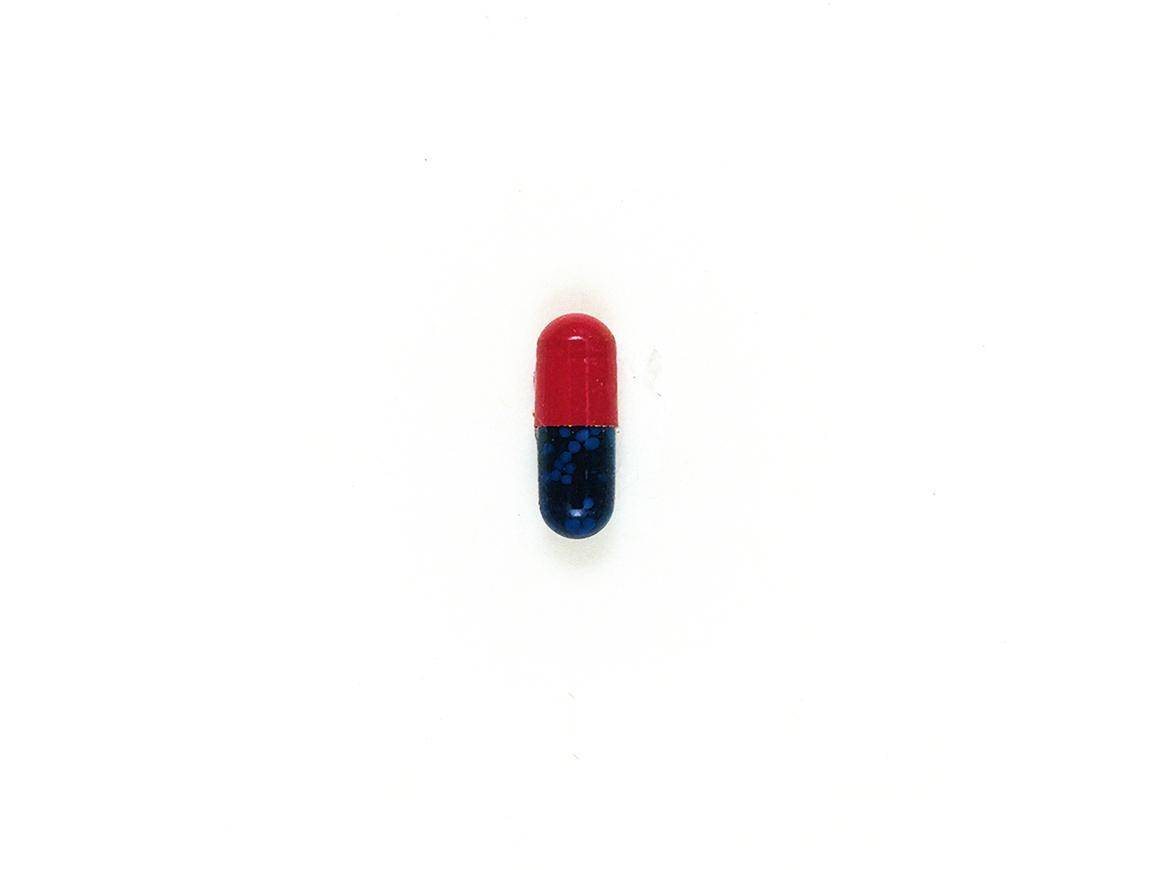Event details
Sick Architecture

Architecture and sickness are tightly intertwined. Architectural discourse always weaves itself through theories of body and brain, constructing the architect as a kind of doctor and the client as a patient. Architecture has been portrayed as both a form of prevention and cure for thousands of years. Sick Architecture began as a series of graduate seminars led by Professor Beatriz Colomina highlighting a topic that has shaped our lives since the outbreak of the COVID-19 pandemic. For their research, doctoral students explored a range of case studies in which architecture, urbanization, infrastructure, and spatial discourse were strongly influenced by concern for sickness, health, and medicine.
PRESENTED BY
Professor Beatriz Colomina, Architecture
WITH CASES STUDIES BY
Angela H. Brown, Art and Archaeology
Marie de Testa_, Architecture_
Dante Furioso_, Architecture
Angelika Joseph_, Architecture
Shivani Shedde_,__ Architecture
Maxwell Smith-Holmes_, Architecture
Sick Architecture is a Humanities Council Magic Project.
Open to students, faculty, visiting scholars, staff and invited guests. Lunch will be provided while supplies last.

University programs and activities are open to all eligible participants without regard to identity or other protected characteristics. Sponsorship of an event does not constitute institutional endorsement of external speakers or views presented.
View physical accessibility information for campus buildings and find accessible routes using the Princeton Campus Map app.